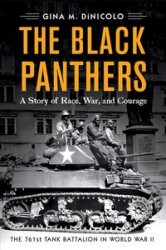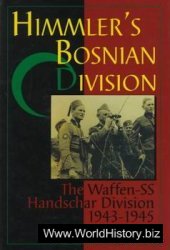Philip II (382-336 b. c.) reorganized Macedon, consolidating his power in the court and transporting people from
Various regions of the country to other parts. It was a strategy employed by the Assyrians to prevent local groups from challenging the central authority. In Philip's case it gave him a free hand to extend his control far beyond Macedon's borders.
Philip had invented a new weapon called the pike, a spear some sixteen feet long—a good nine or ten feet longer than the spears of Greek hoplites. Armed with pikes, his army was the most powerful in the region. Between 354 and 339 B. C., he conquered an empire that stretched across the Balkan Peninsula (BAWL-kuhn) in the southeastern corner of Europe. From Illyria in the west to the Danube River (dan-YOOB) in the east, Philip, having broken the power of the Scythians over the Black Sea region, was king. Then he turned his eyes southward, toward the true prize: Greece.
Philip did not consider himself an outsider conquering a foreign land but a fellow Greek bringing the Greeks together. Therefore he went into Greece, not to make war, but to bring peace (at least, from his perspective). Having gained an alliance with Thessaly, he defeated a huge Greek army and put an end to a war in 346 b. c. that pitted various Greek leagues against one another for control of Delphi. As president of the Pythian Games, an important symbolic position, he called on Athens to join other city-states in what he called the Greek League.
Regardless of how Philip viewed himself, Athenians saw him as a barbarian. Leading the attacks against him was Demosthenes (deh-MAHS-thuh-neez; 384-322 b. c.), a famed statesman and orator (OHR-uh-tuhr). Beginning in 351 b. c., Demosthenes made a series of brilliant speeches in which he warned against the Macedonians and their king. In one of these speeches, called the “Philippics,” he said of Philip, “Observe, Athenians, the height to which this fellow's insolence has soared: ... he blusters and talks big... he is always taking in more, everywhere casting his net round us, while we sit idle and do nothing.”
Demosthenes urged the Athenians to join Thebes and other city-states in opposing Philip. The two forces met in battle at Charonea (kare-uh-NEE-uh) in 338 b. c. The Greeks were no match for Philip's army, and Charonea marked the end of Greece as an independent force. Soon all the city-states joined the Greek League. Philip prepared to fulfill his ultimate dream of leading a combined Macedonian and Greek force eastward,
Where they would conquer the Persian Empire. He did not live to see it, however. In 336 b. c., when he was only forty-four years old, Philip was killed by an assassin. Now the crown passed to his son, who would become the greatest conqueror in history.




 World History
World History









